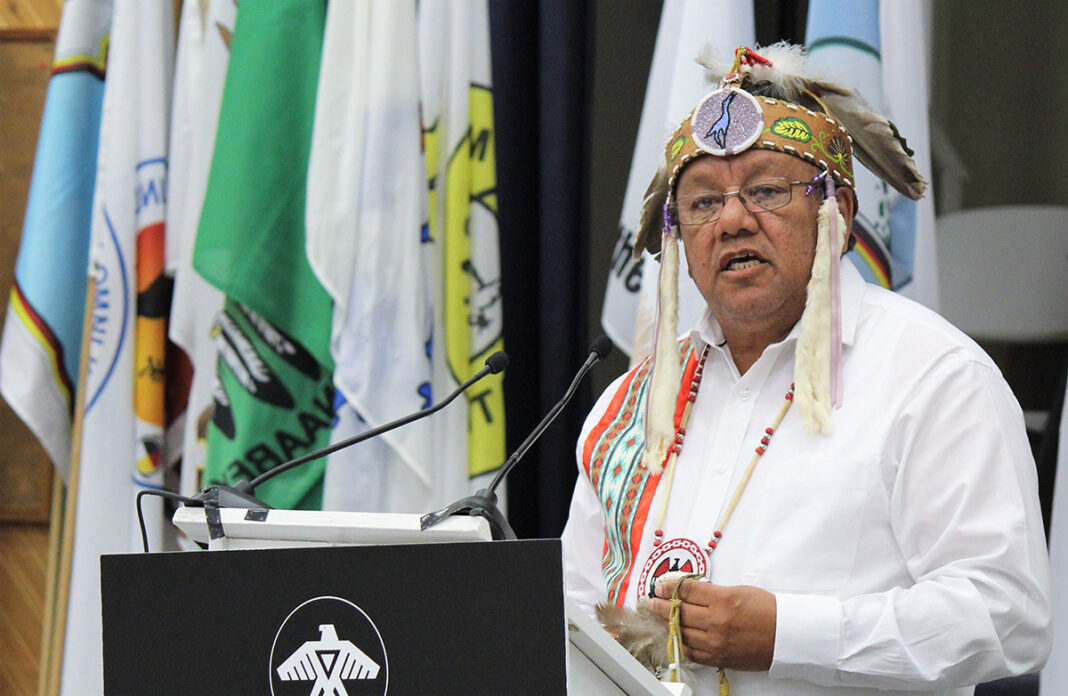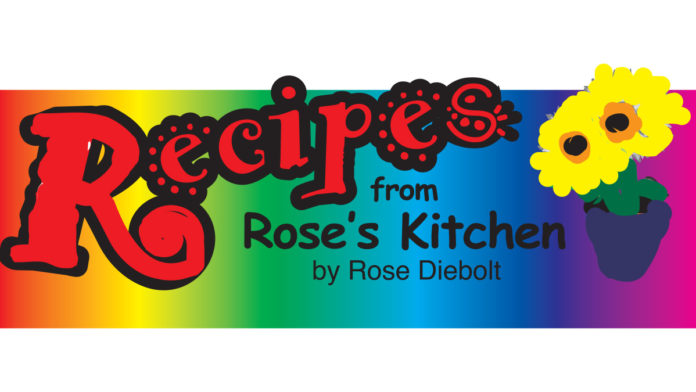M’CHIGEENG—Glen Hare, Ontario Regional Grand Chief welcomes news that a federal court judge has approved a $2.8 billion dollar settlement between the Canadian government and plaintiffs representing 325 First Nations in Canada whose members went to residential day schools, largely operated by the Government of Canada, often in conjunction with churchs.
“The bottom line is that they are coming through on this or settlement, to, I think, recognize everything that happened to our people in those days of day schools,” Regional Chief Hare said last Friday. “Basically, the funds will go to the community to give to all those people who went to day schools. It includes everybody who went to a day school. The funds will go to each First Nation community, and leadership will make sure each individual will be identified when the funds are doled out. It certainly is good news.”
Justice Ann Marie McDonald said in her ruling in federal court last Thursday that the settlement is intended to help take steps to reverse the losses of language, culture and heritage through an Indigenous-led not-for-profit body.
“This settlement is historic both in terms of the quantum of the settlement and its unique structure,” Justice McDonald said. “As Canada remarked, the $2.8-billion settlement is not intended to put a value on the losses suffered by the Band Class members, as that is an impossible task.”
Justice McDonald called the agreement historic and transformational but said the settlement does not release the federal government from future lawsuits related to children who died or disappeared at residential schools.
Justice McDonald told the Canadian Press, “I am satisfied that the settlement is fair, reasonable and in the best interests of Band Class members. The settlement agreement is therefore approved.”
In January the federal government had reached the settlement with the plaintiffs, but the federal court also had to give its approval on the settlement.
Two British Columbia First Nations, the Tk’emlups to Secwepemc, and the Shishalh had brought forward the lawsuit more than 10 years ago for members who were ineligible for the 2006 settlement reached between Canada and full-time students at the schools.
The settlement will now go into an appeal period, after which the money would then be transferred to a not-for-profit managed by a board of Indigenous leaders.
Affected Indigenous communities will each get to decide what to do with their settlement funds, based on the ‘four pillars’ principles outlined in the agreement. They include the revival and protection of Indigenous language as well as culture, the protection and promotion of heritage and the wellness of Indigenous communities and their members.
Justice McDonald’s decision also explained that the funds and their proceeds cannot be used to fund individuals or commercial ventures, be used as collateral to secure loans or as a guarantee.





